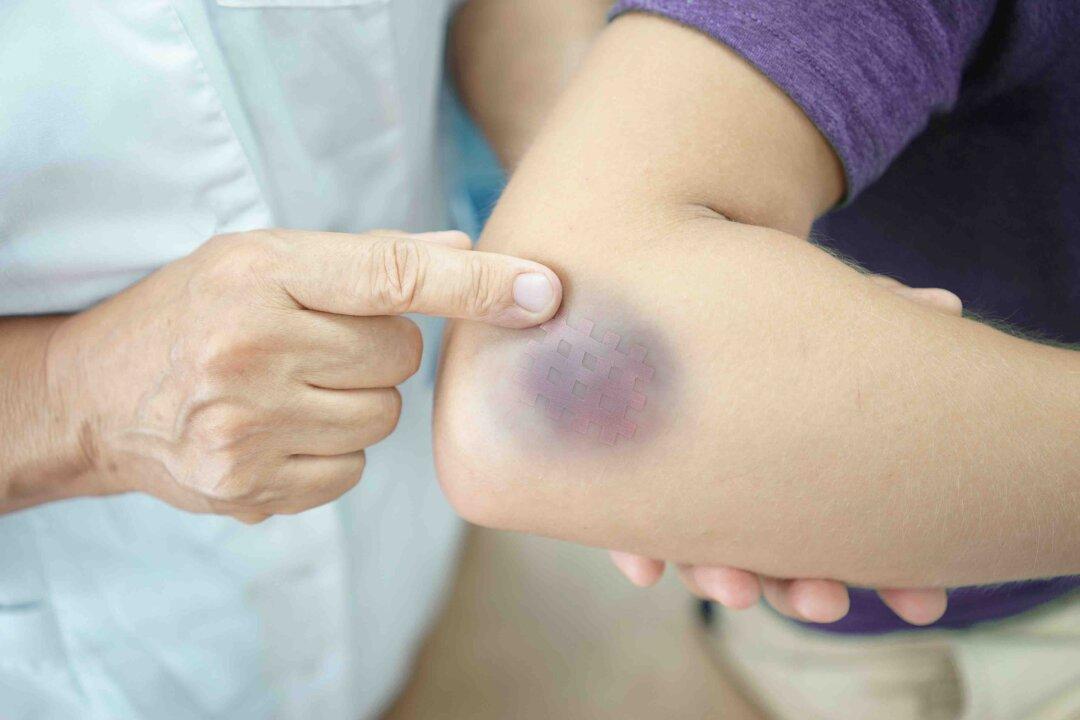Many things can cause a bruise: minor injuries, falls, small collisions. While bruises may hurt, they’re usually harmless. But sometimes, they might be a sign of a deeper problem.
If you bump part of your body hard enough, you can break tiny blood vessels under your skin. But if you don’t break the skin, the blood has nowhere to go. It gets trapped under the skin’s surface, causing a bruise.





